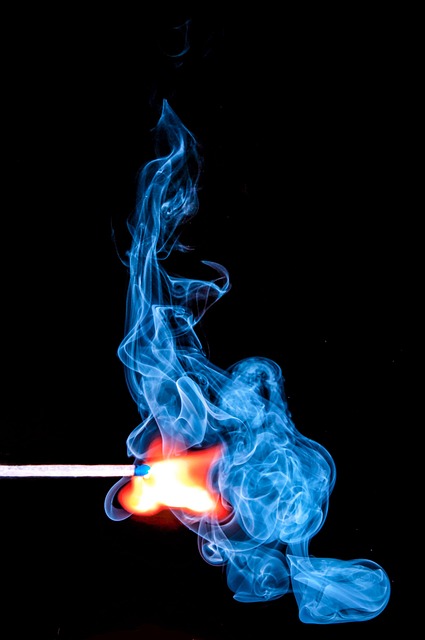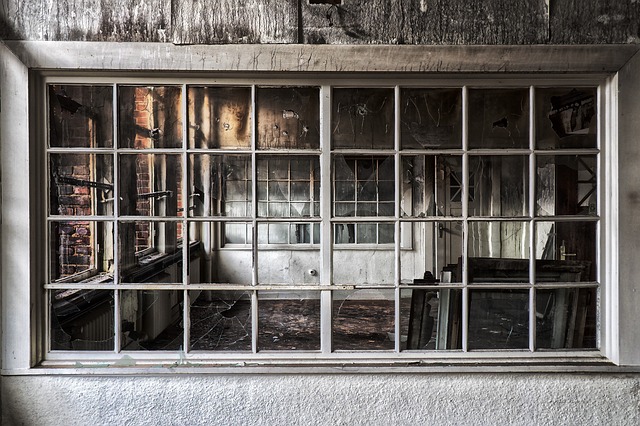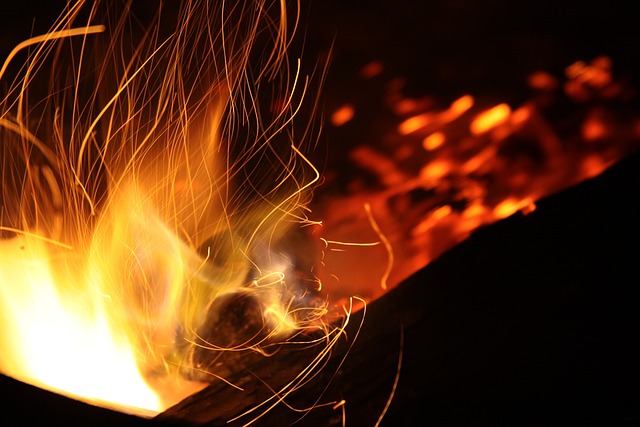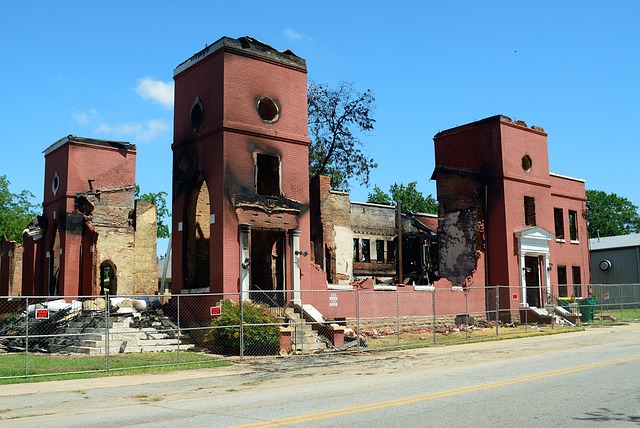Smoke damage from fires in competitive real estate markets like Houston can have lasting effects on homes and personal belongings, requiring thorough remediation for safety, health, and legal considerations. Homeowners should engage professionals skilled in smoke damage restoration to meet market standards, understand insurance policies, and avoid potential legal issues when selling a property affected by fire damage in Houston.
“In Texas, where homes face the unique challenge of smoke damage, understanding and swift action are key. This comprehensive guide delves into the intricacies of smoke damage remediation, offering a step-by-step approach for homeowners and real estate professionals alike. From the legal considerations surrounding selling a home with fire damage in Houston to efficient restoration tips, this article equips you with essential knowledge. Learn how to navigate post-fire scenarios, ensuring your property is restored with expertise and clarity.”
- Understanding Smoke Damage and Its Impact on Homes in Texas
- The Process of Smoke Damage Remediation: Step-by-Step Guide
- Legal and Insurance Considerations When Selling a Home with Fire Damage in Houston
- Tips for Efficient and Effective Post-Fire Restoration in Residential Properties
Understanding Smoke Damage and Its Impact on Homes in Texas

Smoke damage from a fire can leave a profound and lasting impact on homes in Texas, particularly in urban areas like Houston where real estate is highly competitive. Beyond the initial visible signs of charring and soot, smoke contains a complex mix of chemicals and particles that can infiltrate every nook and cranny of a structure. This includes walls, ceiling tiles, insulation, and even personal belongings, leading to potential health risks for residents and future homeowners.
In the context of selling a home with fire damage Houston, understanding the extent of smoke contamination is crucial. It’s not just about repainting or replacing burned items; it involves thorough remediation to mitigate health hazards and ensure the safety of those who occupy or purchase the property. Proper cleanup and decontamination are essential steps in preparing a home for sale, addressing concerns from potential buyers, and avoiding legal issues related to concealed damage.
The Process of Smoke Damage Remediation: Step-by-Step Guide
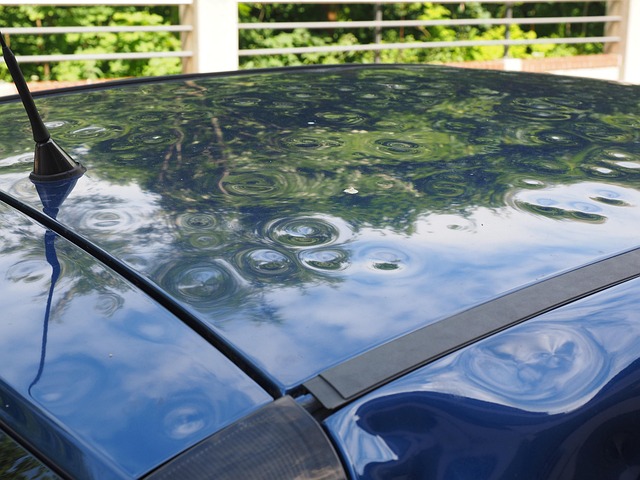
Smoke damage remediation is a meticulous process designed to restore homes affected by fires to their pre-damaged condition, especially when considering selling a home with fire damage in Houston. The initial step involves assessing the extent of the smoke and fire damage, which includes examining walls, ceilings, air ducts, and other affected areas. This critical evaluation determines the scope of work required for effective remediation.
Once the damage is assessed, professionals begin the cleaning process using specialized equipment to remove soot, charred debris, and any lingering odors. This step is crucial in preventing further deterioration and ensuring a healthier environment. After thorough cleaning, smoke damage restoration experts employ advanced techniques like air filtration, dehumidification, and deodorization to restore indoor air quality. Finally, repainting, rebuilding, or replacing damaged items completes the remediation process, making the property market-ready for selling with minimal disruption from fire damage in Houston.
Legal and Insurance Considerations When Selling a Home with Fire Damage in Houston

When selling a home with fire damage in Houston, there are several legal and insurance considerations to keep in mind. After a fire, it’s crucial to understand that the property will likely need extensive remediation, including smoke damage restoration, before it can be considered market-ready. This process involves more than just repairing visible flames; it entails addressing hidden issues like odours, contaminated materials, and structural integrity.
Houston homeowners should consult with professionals who specialize in fire and smoke damage restoration to ensure compliance with local building codes and regulations. Additionally, staying informed about insurance policies is vital. Homeowners’ insurance typically covers fire damage, but specific details regarding coverage amounts, deductibles, and claims processes can vary. Understanding these aspects will help streamline the selling process and protect both the seller and buyer from unexpected legal or financial complications.
Tips for Efficient and Effective Post-Fire Restoration in Residential Properties
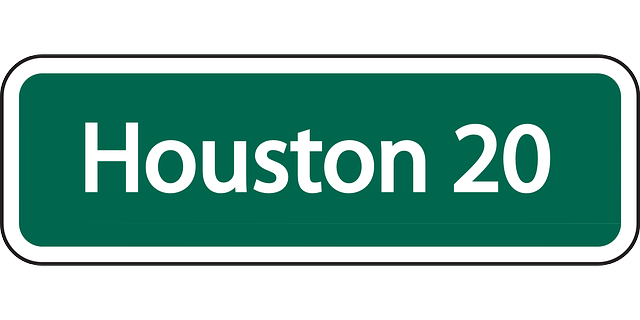
After a fire, efficient and effective smoke damage remediation is crucial for restoring your Houston home to its pre-loss condition. Start by ensuring the safety of yourself and your family; do not re-enter the property until cleared by local authorities. Then, document the damage thoroughly, both with photos and video, for insurance purposes. Engage a reputable smoke damage restoration company in Houston that specializes in post-fire cleanup; look for professionals certified by the Institute of Inspection, Cleaning and Restoration (IICRC).
Implement immediate measures to prevent further damage. This includes turning off water supplies to avoid water damage during cleanup. Use air movers and dehumidifiers to expedite drying, as moisture left behind can attract mold growth. Protect personal belongings that can be salvaged through careful packaging and storage. Regular communication with your insurance provider is essential throughout the restoration process, ensuring a smooth transition from loss to recovery for selling a home with fire damage in Houston.
Smoke damage, often overlooked, can have severe consequences on Texas homes. This article has guided readers through understanding the impact, navigating the remediation process, and addressing legal aspects when selling properties with fire damage in Houston. By following the step-by-step restoration tips, homeowners can efficiently restore their residences. For those considering selling, being informed about fire damage regulations and insurance claims is crucial to ensuring a smooth transition, whether it’s in Houston or across Texas.
